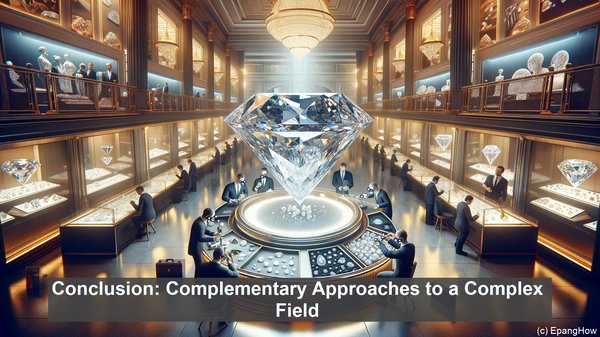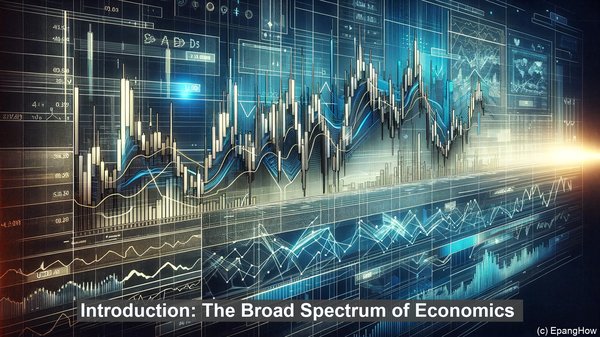Introduction: The Broad Spectrum of Economics
Hello everyone! Economics, as a discipline, encompasses a vast array of theories and concepts. Today, we’ll be focusing on two branches that often intersect but have distinct areas of focus: welfare economics and development economics.
Welfare Economics: Enhancing Societal Well-being
Welfare economics centers around the idea of optimizing societal welfare. It aims to answer questions such as: How can resources be allocated to maximize overall happiness or utility? What policies can be implemented to reduce inequality and ensure a fair distribution of resources? Through tools like cost-benefit analysis and social welfare functions, welfare economists strive to provide insights into the most efficient and equitable allocation of resources.
Development Economics: The Pursuit of Progress
Development economics, on the other hand, is concerned with the broader notion of progress. It delves into the factors that drive economic growth, poverty reduction, and improvements in living standards. Development economists analyze issues like industrialization, education, healthcare, and infrastructure. Their goal is not just to understand these dynamics but also to propose strategies and policies that can foster sustainable and inclusive development.

Methodologies: From Micro to Macro
Both welfare and development economics employ a range of methodologies. Welfare economics often utilizes microeconomic analysis, examining individual choices and behaviors to understand aggregate outcomes. Development economics, on the other hand, incorporates elements of macroeconomics, looking at the overall performance of economies and the interplay of various sectors. Additionally, development economists often rely on empirical research, conducting surveys and data analysis to inform their work.

Real-World Applications: From Policy Design to Impact Assessment
The insights from welfare and development economics find application in diverse areas. Welfare economics can inform the design of social policies, such as healthcare or education reforms, by evaluating their potential benefits and costs. Development economics, with its focus on growth and poverty reduction, is crucial for shaping national and international development agendas. It guides decisions on issues like foreign aid allocation, infrastructure investments, or trade policies.
